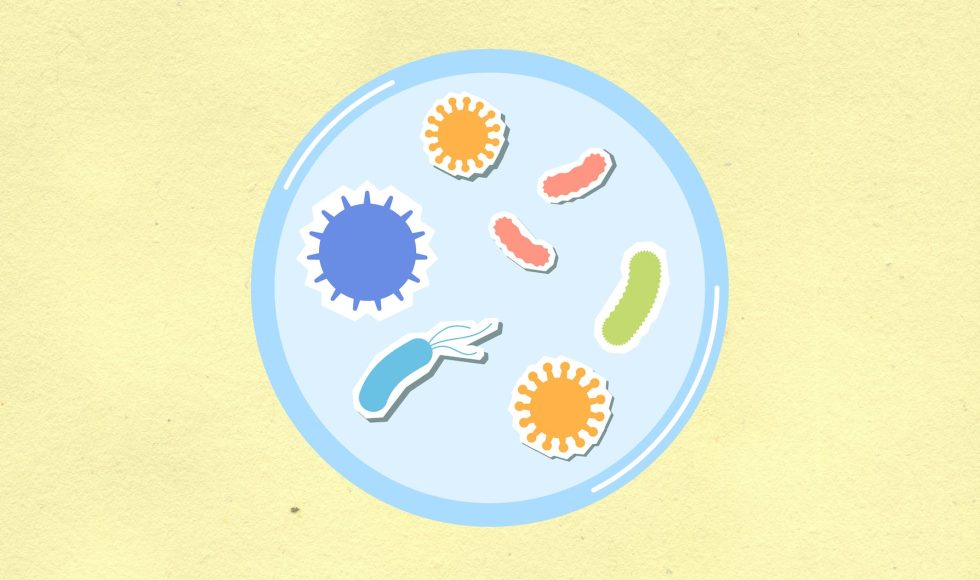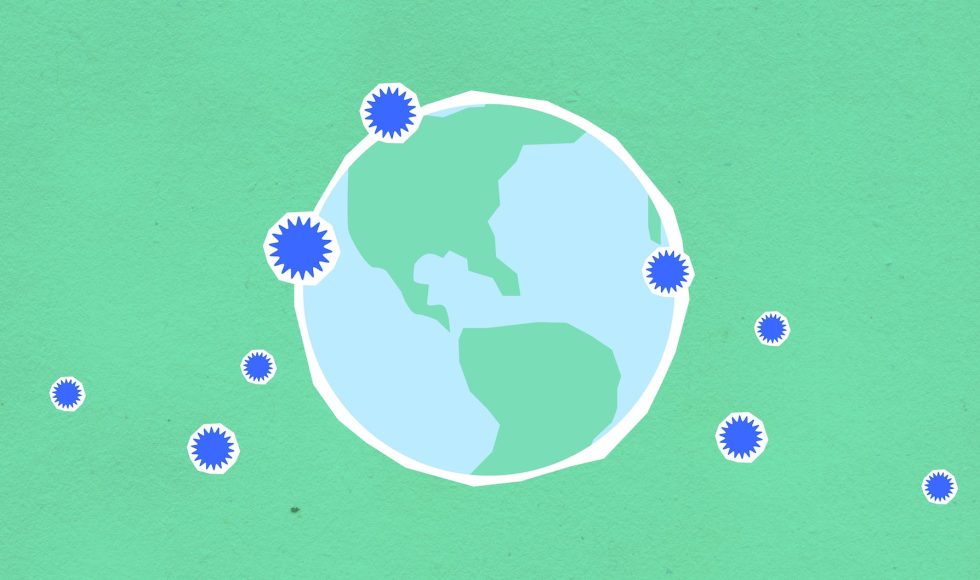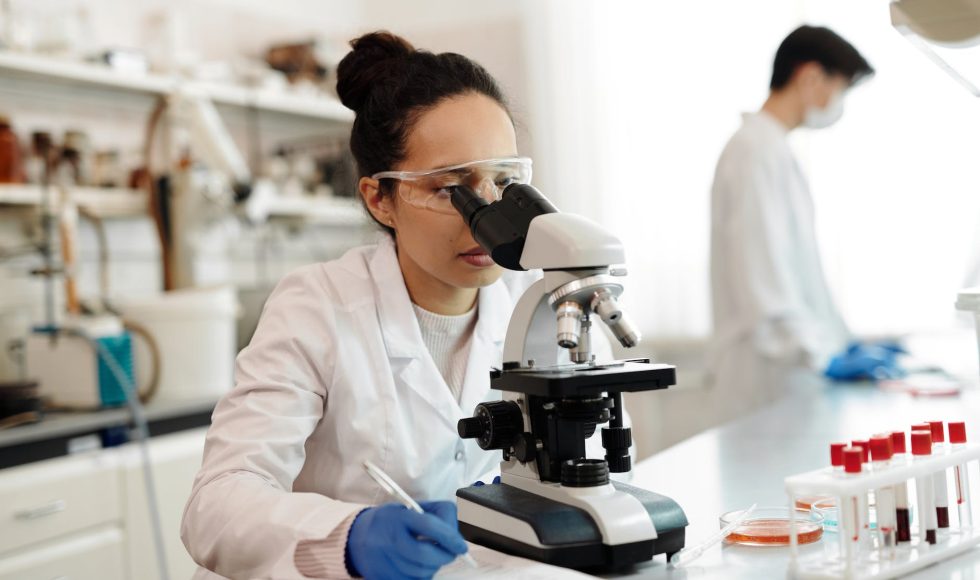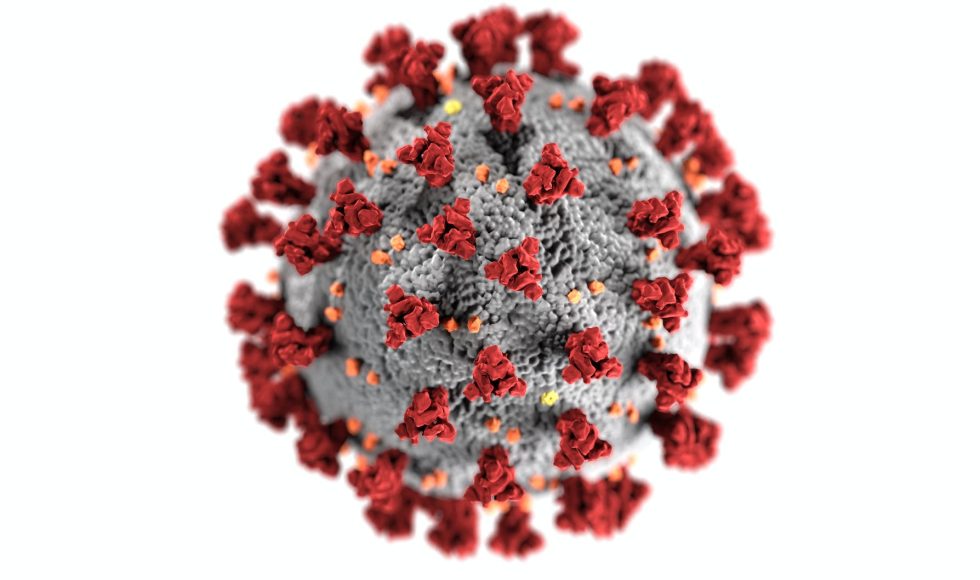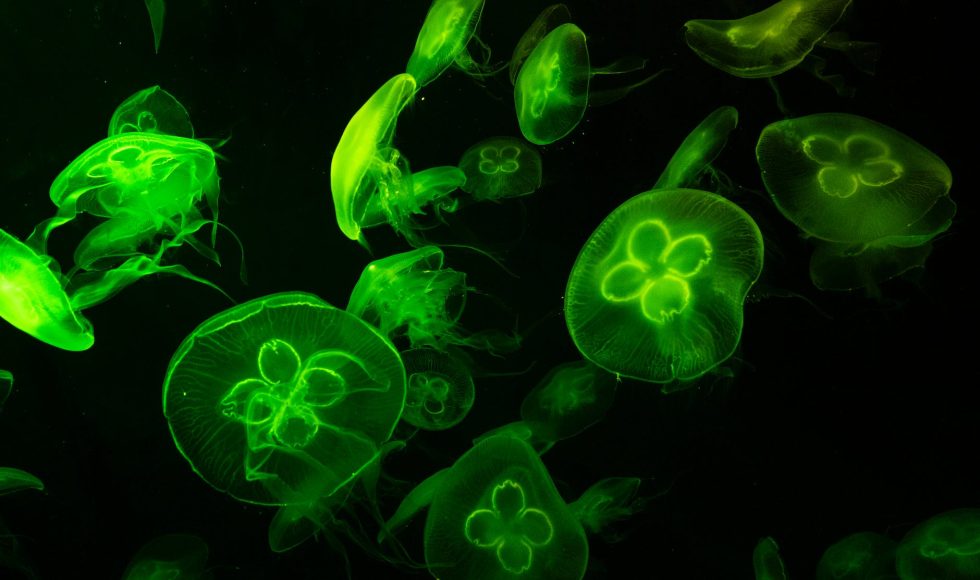Tonight I watched the ASMCUE 2022 session entitled “Inspiring Evidence-Based Teaching Innovations in Biology Classrooms with the Journal CourseSource.” Jenny Knight, the Editor in Chief at the University of Colorado Boulder, presented this session about CourseSource. I attended this session live, and likely missed key information! There are 39 editors, 12 advisory board members, and […]
I realized I had skipped a Microbrew session! So, tonight I watched the ASMCUE 2022 microbrew entitled “Microbrew. MicroCURE – A Hybrid, Team Approach to Course-based Research Experiences.” Michael LaMontagne and Caroline Kmiecik teach this course-based undergraduate research experience (CURE) at the University of Houston Clear Lake. The student learning goals LaMontagne stated were primary […]
Heather Seitz, Professor of Biology and Biotechnology at Johnston County Community College, presented a session at ASMCUE 2022 about ASK BIO: The Advancing Assessment Skills in Biology Network. The title of the session was “What makes a good question? Examining Assessment Practices in Undergraduate Biology.” Their goal is to advance assessment skills in the life […]
Aarthi Ashok, professor at the University of Toronto, Scarborough, presented at ASMCUE 2022, a recorded microbrew about exploring the Canadian anti-vax movement. The session was entitled “Exploring the anti-vax movement – assignment design to promote scientific literacy and communication.” Students in Ashok’s class explored anti-vaccination stances on social media and providing supporting arguments. The University […]
Tonight I started watching ASMCUE 2022 sessions. The first half-hour session I watched (I skipped the CourseSource one since I participated in that one and didn’t want to watch myself!) was entitled “Session. A storytelling approach to microbial metabolism: improving attitudes and functional knowledge.” Jake McKinlay is an Associate Professor at Indiana University. McKinlay teaches […]
Tonight I watched the ASMCUE 2022 microbrew entitled “Microbrew. Blogging about biotechnology: Replacing the term paper with an accessible writing style assignment.” Chadene Tremaglio and Michelle Kraczkowski, assistant professors at the University of Saint Joseph in CT were the presenters. Their attendee learning objective was to “gain a framework for a new project/paper assignment to […]
The ASMCUE 2022 microbrew session I watched tonight was entitled “Microbrew. Empathetically Engaging With Our Community Through A Service Learning Project.” Pete Chandrangsu, an assistant professor at Scripps College, and Jessie Lee Mills, an assistant professor at Pomona College, were the presenters. They collaborated with the Latino & Latina Roundtable and Pitzer College. Chandrangsu teaches […]
“Microbrew. Implementing team science training in course-based undergraduate research experiences (CUREs)” was the session title I watched tonight. Anna C. Ward and Heather D. Vance-Chalcraft were the presenters. I know Vance-Chalcraft from citizen science work in the area. I also watched this session live, and it was good to return to it after a coupe […]
“Alpha, Delta, Omicron- Oh My! A SARSCoV2 Genome Alignment Activity to Understand Mutations and COVID” was the creative title of the ASMCUE 2022 microbrew session I watched tonight. J. Jordan Steel, an Associate Professor at the US Air Force Academy, was the presenter and shared COVID sequences as handouts for the session. Interestingly, I think […]
Tonight I watched the ASMCUE 2022 microbrew session by Daryn Stover entitled “Enhancing communication skills through discussion of primary literature and phenotypic variation.” Stover is at Arizona State at Lake Havasu and is a dedicated undergraduate campus. There are no dedicated research labs. There is a senior capstone experience and opportunities for internships. The BIO […]



